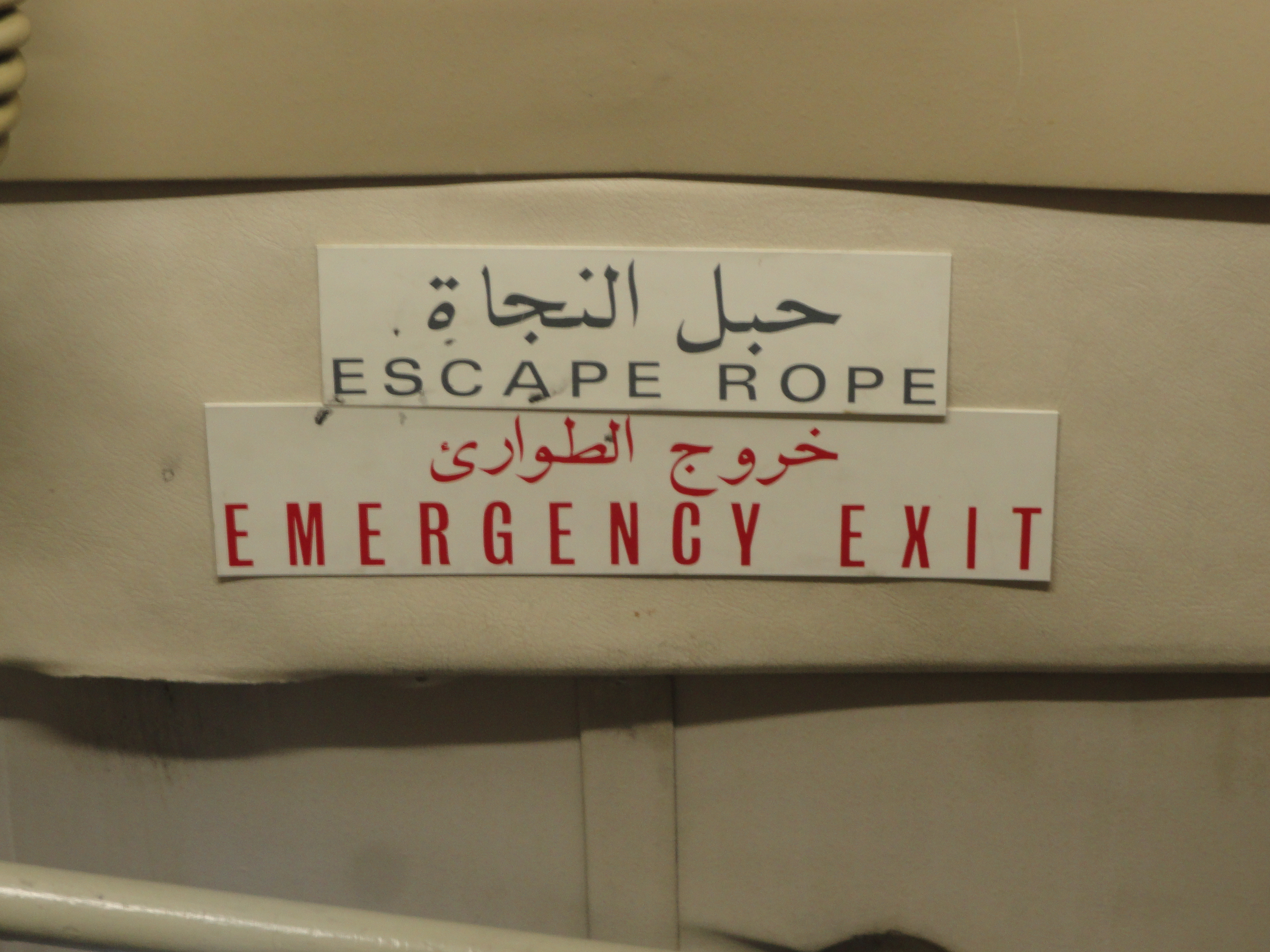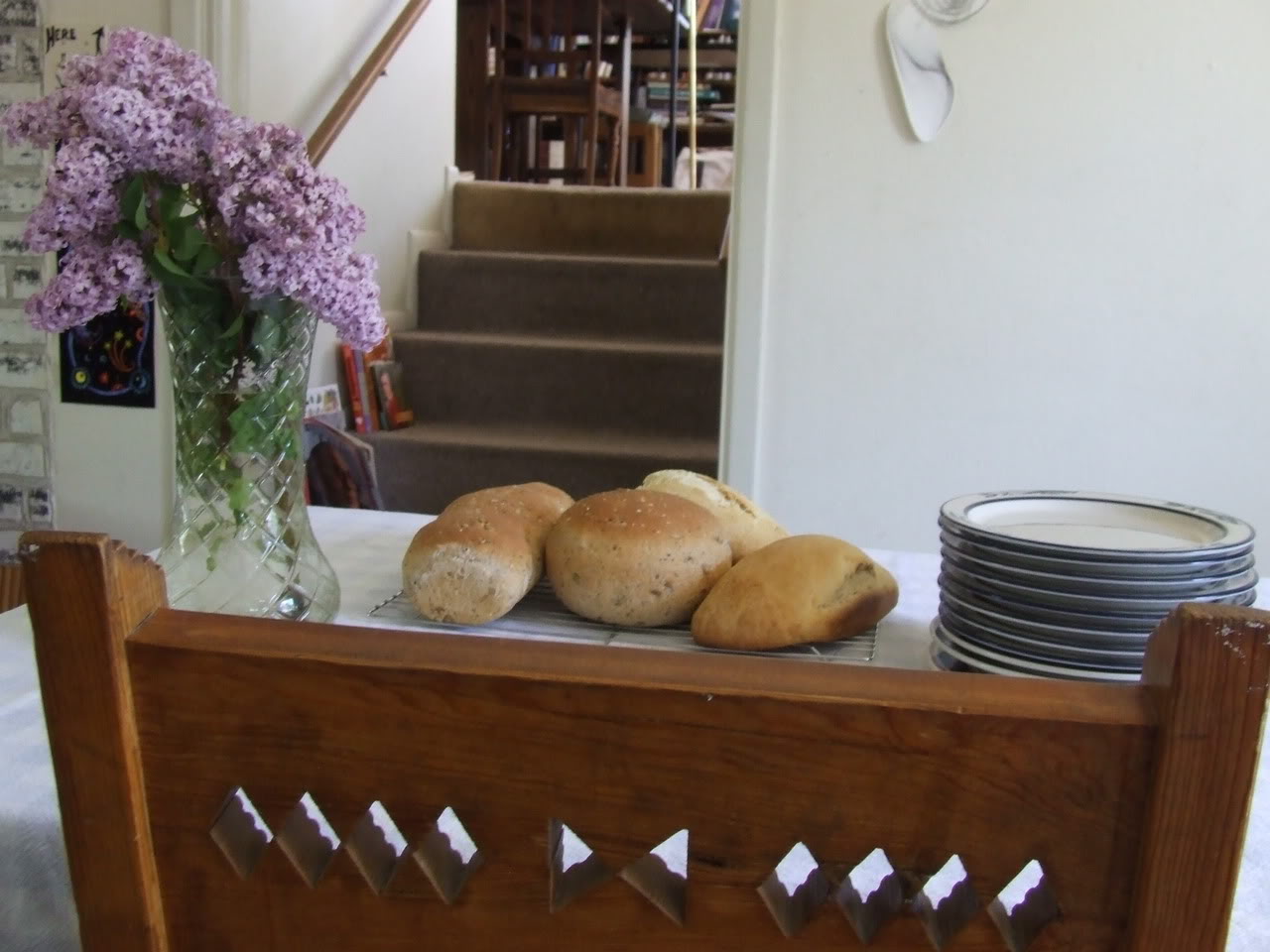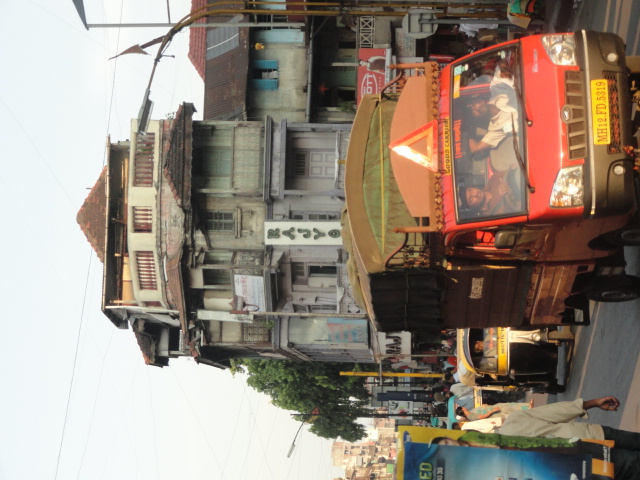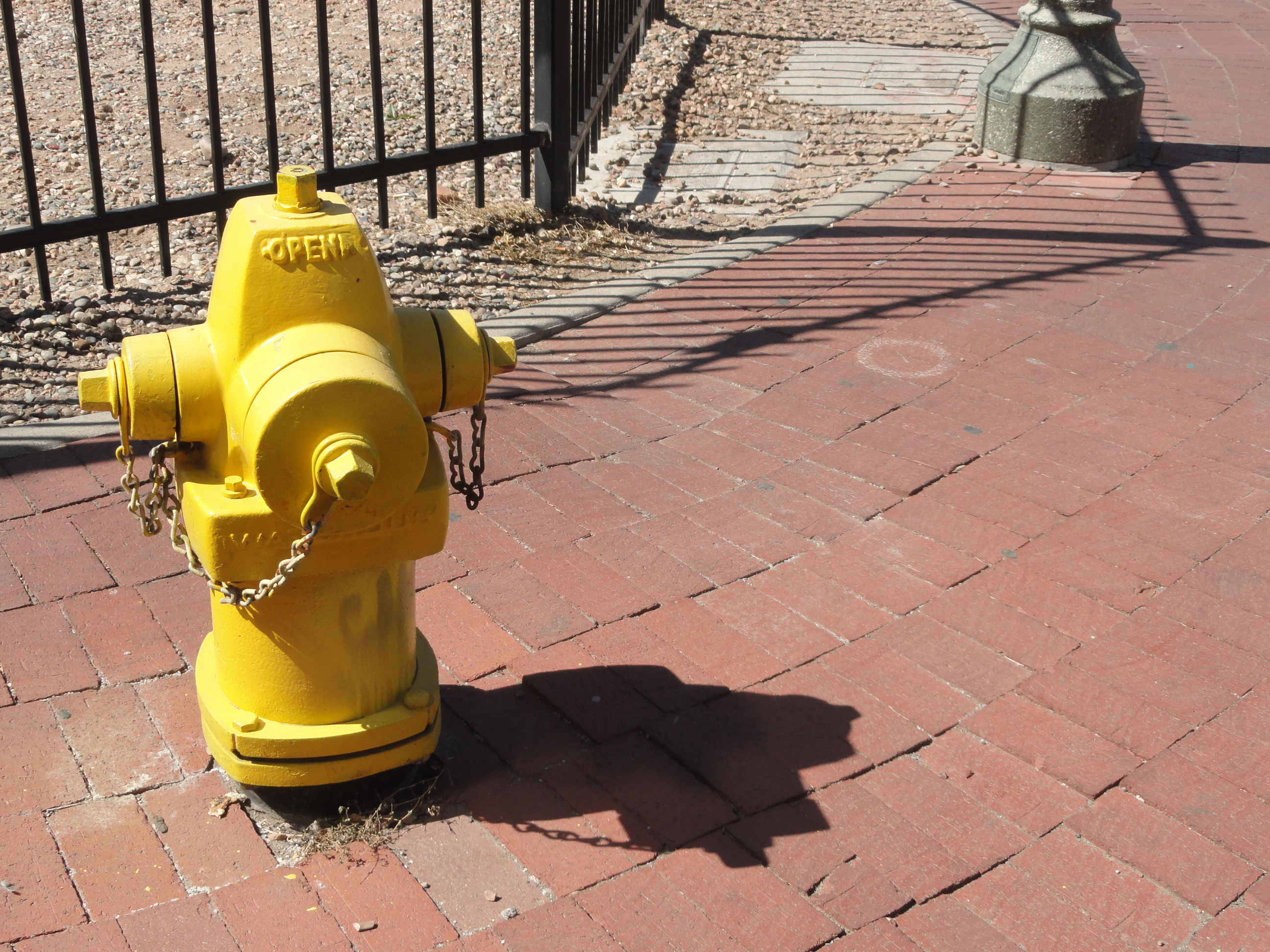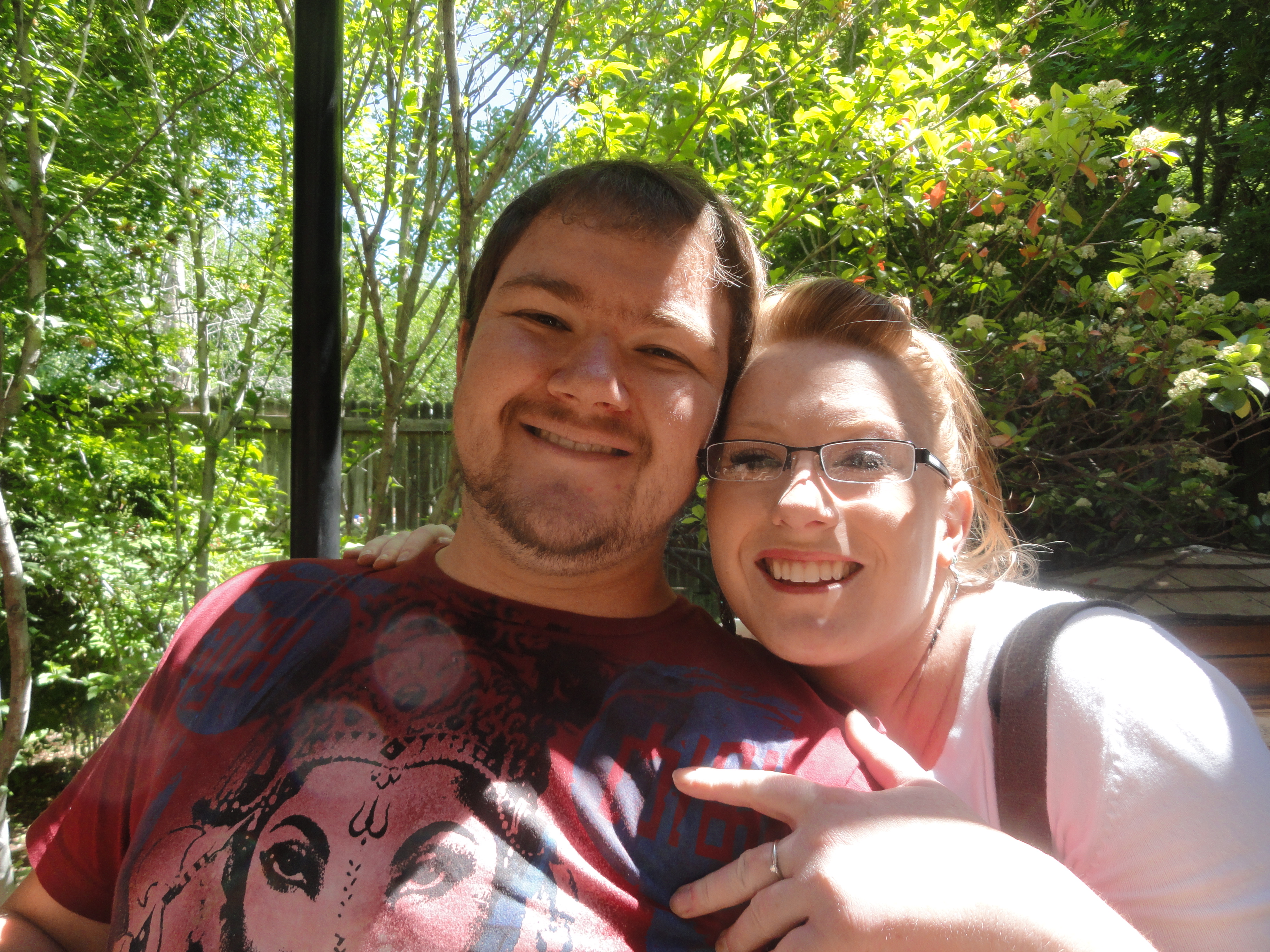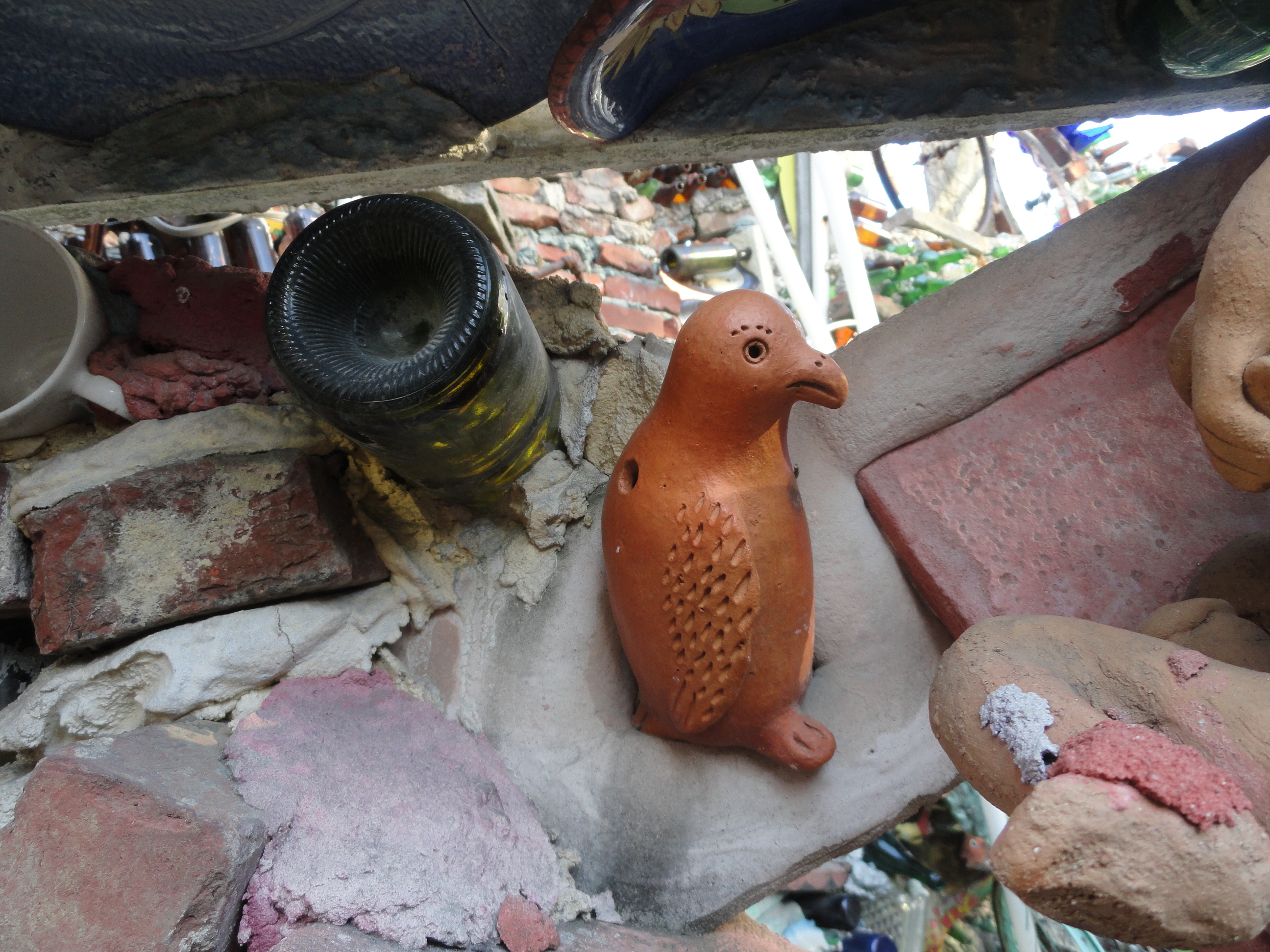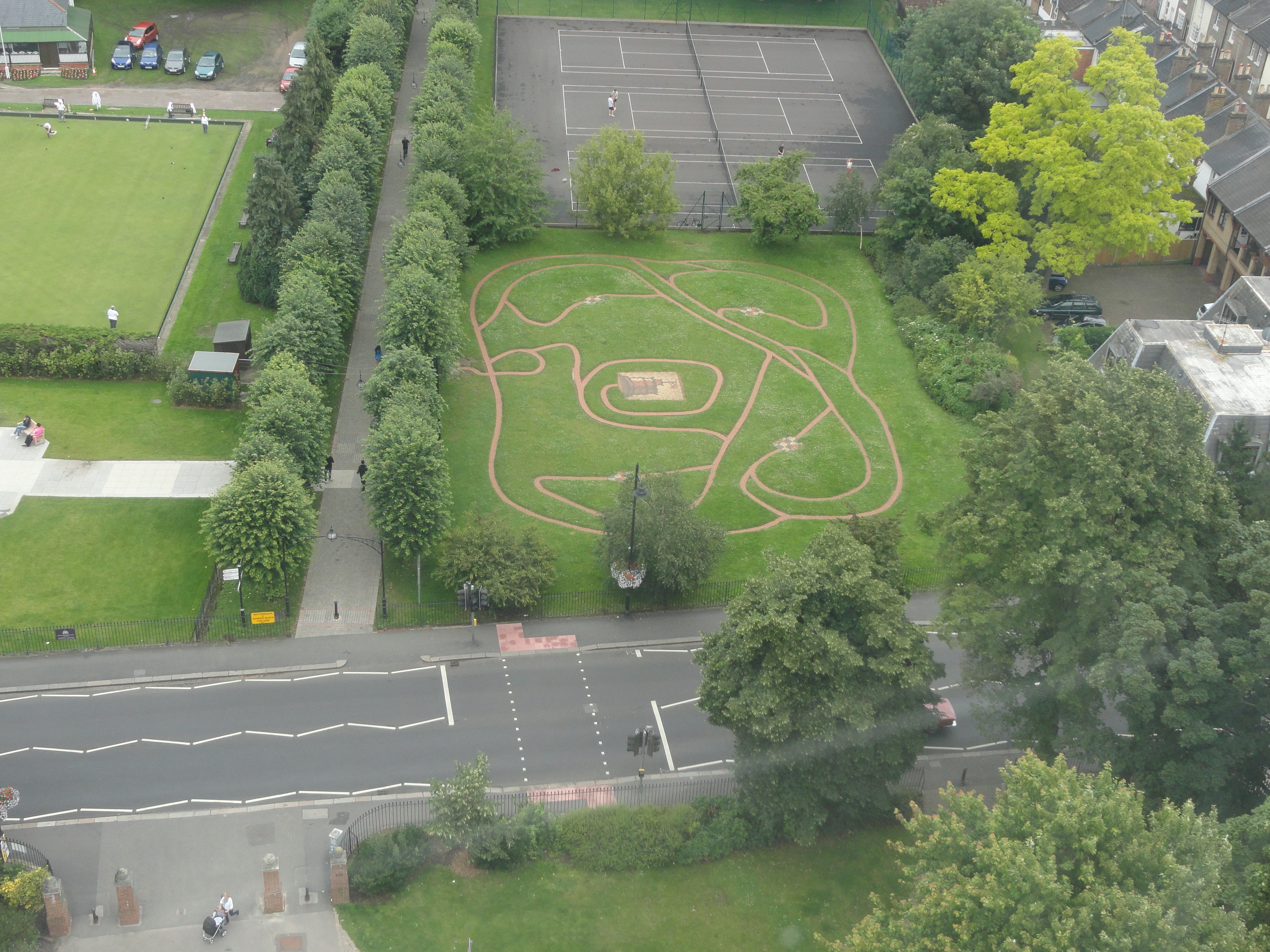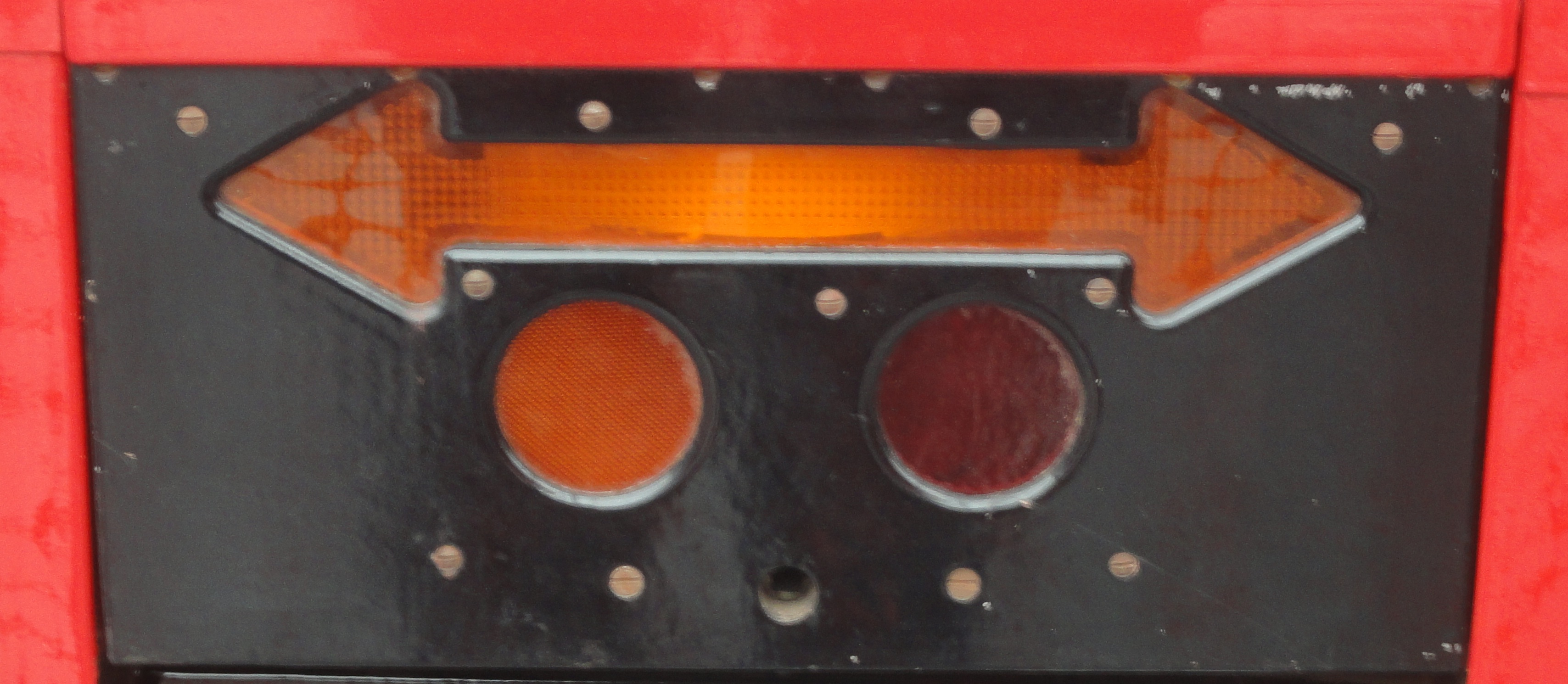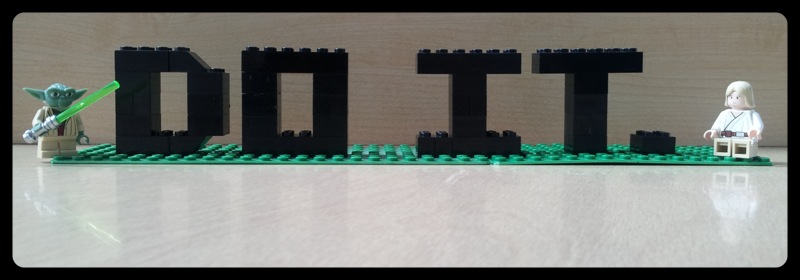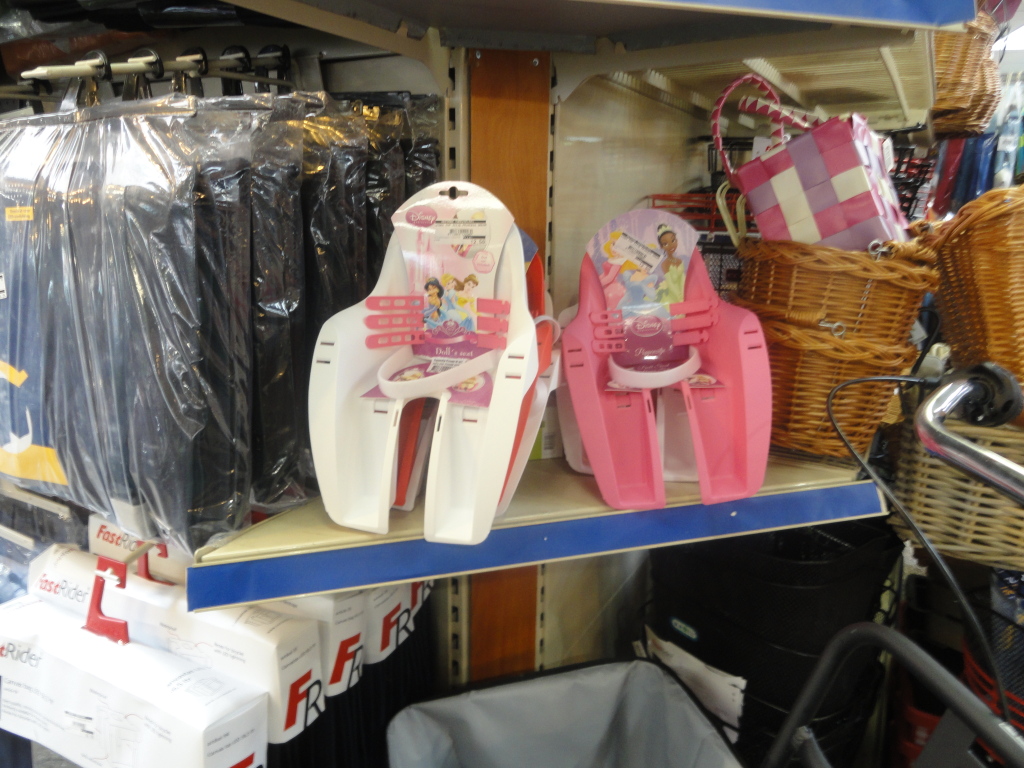
Pam Sorooshian wrote:
Instead of trying to figure out what a child is getting out of anything, take it on faith that their interest indicates that, without a doubt, there is something of value in it for them. Support it. Enjoy it. Expand it. Connect it to other things. Pursue it. Look for ways to explore it more. Take great pleasure in it!"
about Disney Princesses and any other interest
photo by Sandra Dodd (not a good photo; sorry) of Disney Princess seats so that girls in Holland can take their dolls in "baby seats" on their bicycles (click it to enlarge, or click here for more photos of the bike shop)








